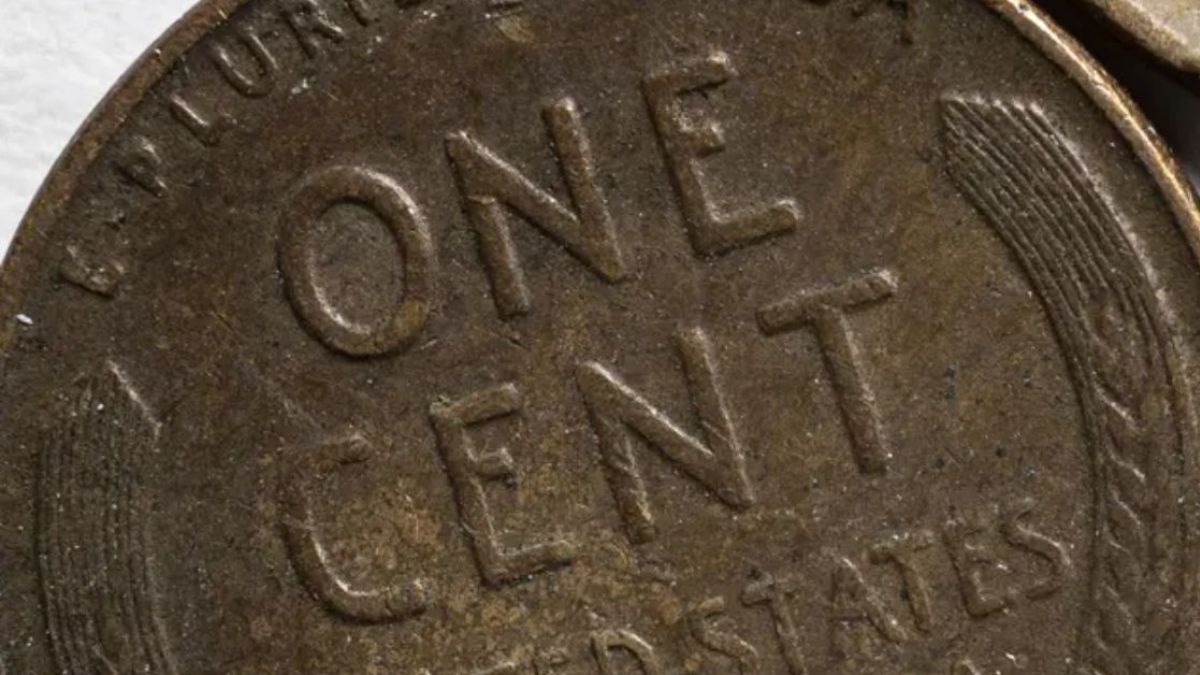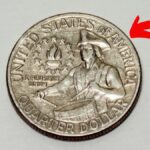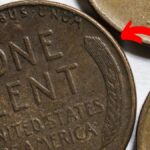Coin collecting is a captivating hobby that merges history, art, and even the potential for financial gain. Each coin holds a unique story, reflecting the culture and era in which it was minted. However, as rewarding as this hobby can be, it comes with its risks, including scams and counterfeit coins. To help you navigate the world of coin collecting safely, here’s a comprehensive guide to finding rare coins, avoiding scams, and building a secure collection.
Where to Find Rare Coins
If you’re just starting out, you’ll find several reliable sources for rare coins, each offering unique advantages:
Local Coin Shops
Local coin shops allow you to inspect coins in person and often provide certified options. The staff at these shops are typically knowledgeable and can guide you through your purchases. Building a relationship with a trusted dealer can open doors to rare finds.
International Dealers
For collectors interested in coins from specific regions or historical periods, international dealers are an excellent option. Ensure the dealer is reputable and offers proper certification for high-value coins.
Auction Houses
Reputable auction houses host events specifically for rare and authenticated coins. Their strict verification processes make these auctions a safe option for collectors.
Online Platforms
Websites like eBay and Amazon have a vast selection of coins but come with risks. When buying online, check the seller’s reviews, insist on certifications, and examine detailed photos of the coin before purchasing.
Each of these sources has its benefits and drawbacks, so always research thoroughly and verify authenticity before making a purchase.
A Cautionary Tale: The $990,000 Lincoln Penny
In 2023, the coin collecting community was abuzz with news of a 1920 Lincoln Wheat penny listed on eBay for an astonishing $990,000. The seller claimed ties to President Theodore Roosevelt and the Panama Canal, but several red flags raised doubts:
- The price was far higher than the typical $40 value of a 1920 Lincoln penny.
- The historical claims lacked credibility.
- Selling such a valuable coin on eBay instead of a reputable auction house was unusual.
This incident underscores the importance of skepticism and due diligence when dealing with high-value coins.
Warning Signs of Scams
To protect yourself from counterfeit coins or scams, watch for these red flags:
- Poor Seller Reviews: Avoid sellers with negative feedback or complaints about fake coins.
- Unclear Photos: Listings without detailed, high-quality images are suspicious.
- Lack of Certification: Always look for certification from recognized grading services like PCGS, NGC, ANACS, or ICG.
- Unusual Pricing: Prices that seem too good to be true—or inexplicably high—are often a warning sign.
Why Collect the Lincoln Wheat Penny?
The Lincoln Wheat penny, first minted in 1909, is a favorite among collectors. Featuring Abraham Lincoln on the obverse, this coin represents a significant period in American history.
While a standard 1920 Lincoln Wheat penny is valued around $40, rare variations or those in pristine condition can fetch much higher prices.
How to Collect Coins Safely
To enjoy coin collecting while avoiding risks, follow these tips:
- Research Extensively: Learn about the coins you’re interested in, including their history and market value.
- Verify Authenticity: Purchase certified coins to ensure they are genuine.
- Check Seller Reputation: Read reviews and seek recommendations from experienced collectors.
- Ask Questions: If a seller can’t provide clear answers or additional photos, walk away.
- Trust Your Instincts: If something feels off, don’t proceed with the purchase.
Tips for Building Your Collection
Starting your coin collection can be both exciting and fulfilling. Here’s how to begin:
- Choose a Focus: Decide on a theme, such as coins from a specific era, country, or design style.
- Start Small: Begin with affordable coins to build confidence and knowledge.
- Invest in Tools: Use magnifying glasses and coin guides to inspect and evaluate coins.
- Store Coins Properly: Keep coins in protective holders or albums to prevent damage.
The Role of Technology in Coin Collecting
The internet has transformed coin collecting by providing access to resources and global markets. Collectors can now research coins, join online forums, and buy items from across the world. However, the digital age also brings risks, such as scams and advanced counterfeits. Always remain cautious when purchasing online.
Conclusion
Coin collecting is a rewarding hobby that offers a glimpse into history, artistry, and culture. Whether you’re fascinated by the Lincoln Wheat penny or intrigued by rare international coins, the key to success lies in knowledge and caution.
By researching thoroughly, verifying authenticity, and staying vigilant against scams, you can safely enjoy the journey of coin collecting. Remember, each coin has a story to tell—and building your collection is a way to connect with history and craftsmanship. Happy collecting.






